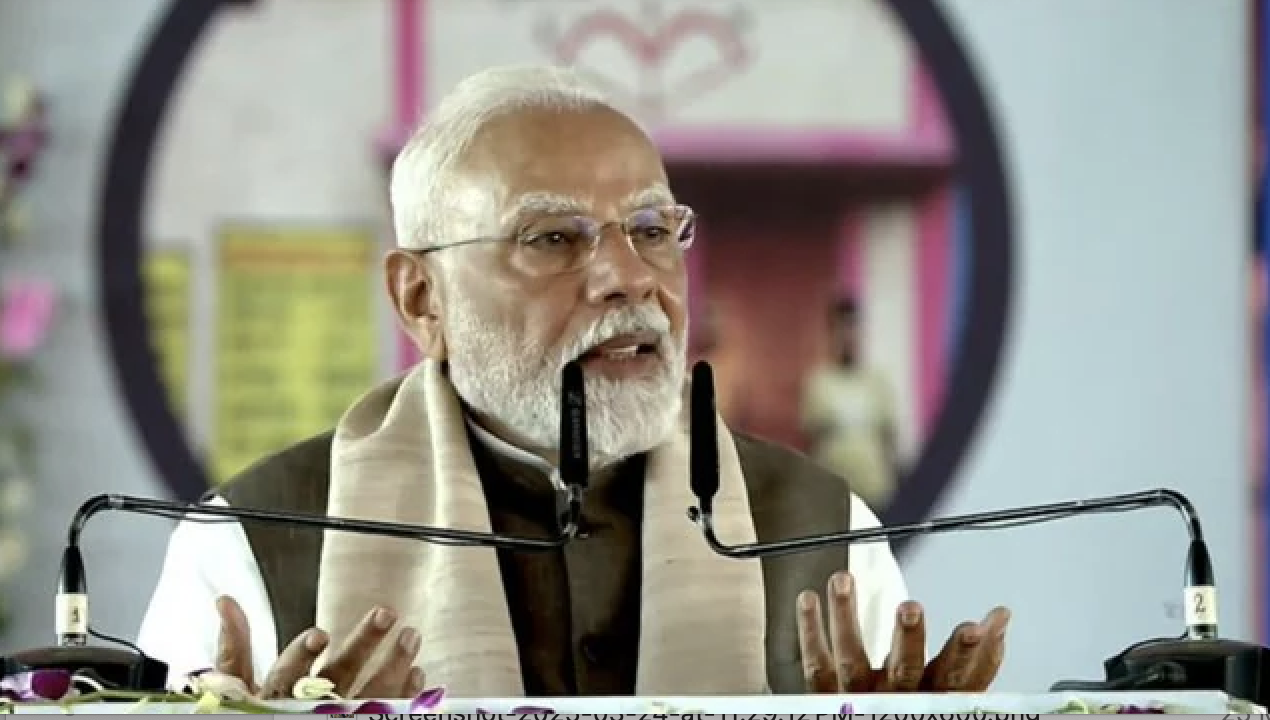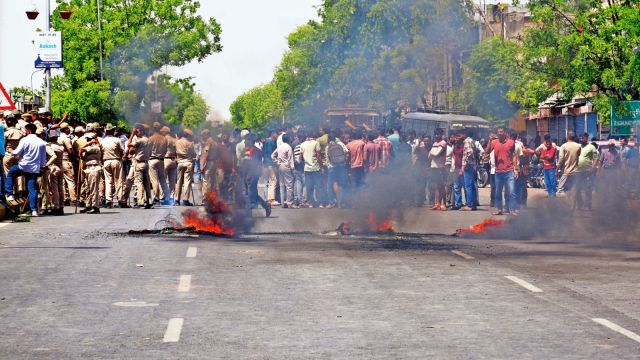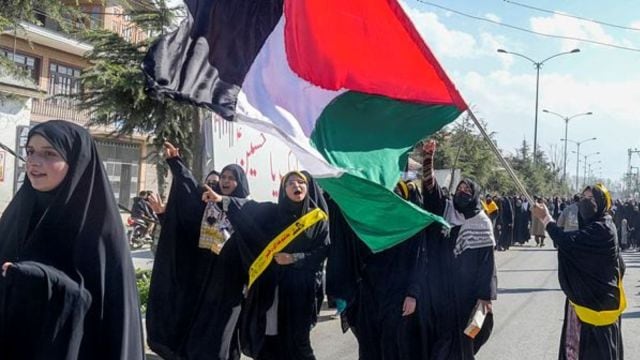By Sabreena Ghaffar-Siddiqui
Hindutva, or Hindu nationalism, is an ethno-religious movement that has gained momentum in India over recent decades. Popularised by perceptions of a threat posed by Islam, this ideology is often marked by intolerance, violence, and discriminatory policies targeting religious minorities.
The rise of Hindutva has been closely tied to Indian Prime Minister Narendra Modi and his Bharatiya Janata Party (BJP), which has been accused of further entrenching these divisive authoritarian and discriminatory ideologies and policies into Indian society.
In the United States, the Indian diaspora constitutes 80 percent of South Asians and is the second-largest immigrant group, with 54 percent identifying as Hindu and 13 percent as Muslim.
Recent years have seen diaspora groups mobilising support for Hindutva ideology. This could be seen at events such as the “Howdy Modi” rally in Houston in 2019, during which Prime Minister Narendra Modi received a warm welcome from then-US president Donald Trump, highlighting the transnational influence of Indian political currents.
To understand the growing influence of Hindutva ideology among Hindus in the US and its potential implications for religious intolerance and discrimination within the country, I led a study that was recently published by the Institute for Social Policy and Understanding (ISPU).
This story was originally published in trtworld.com. Read the full story here.






